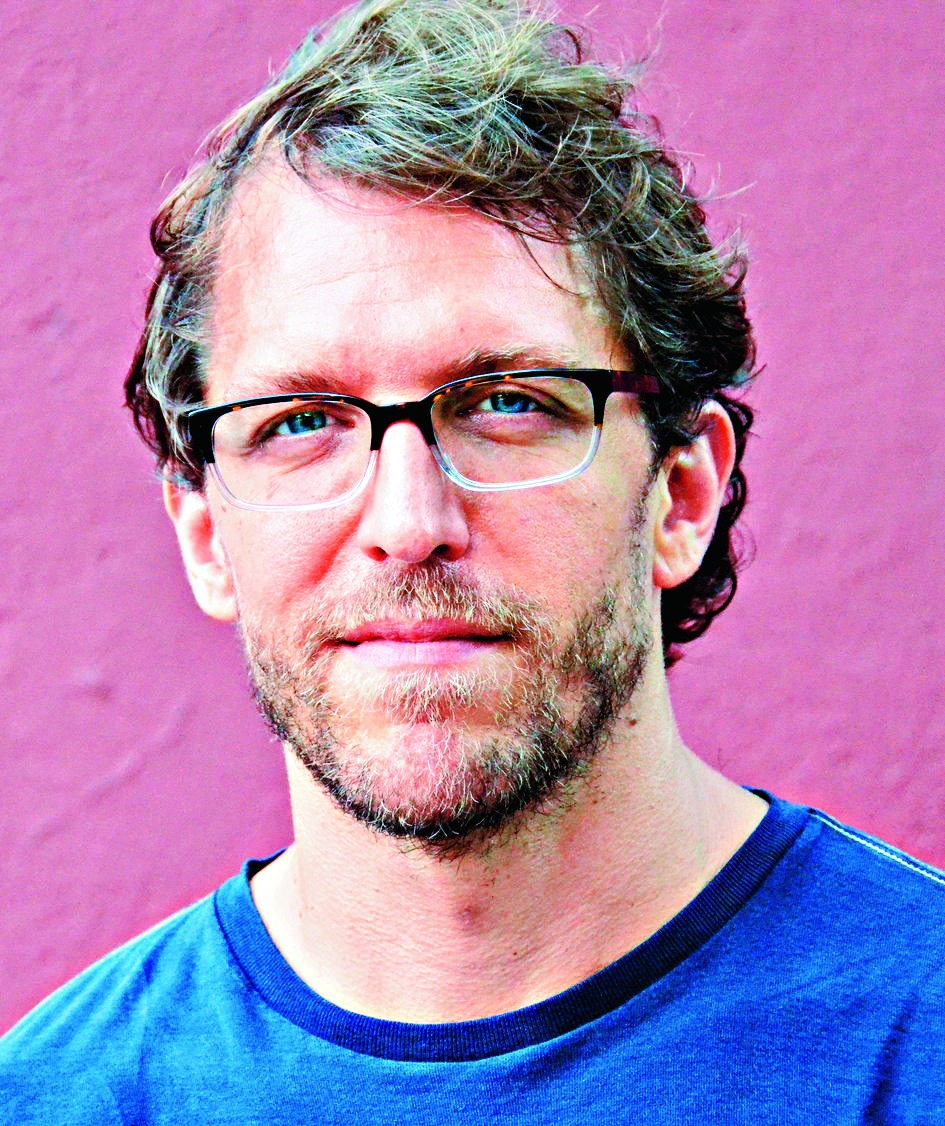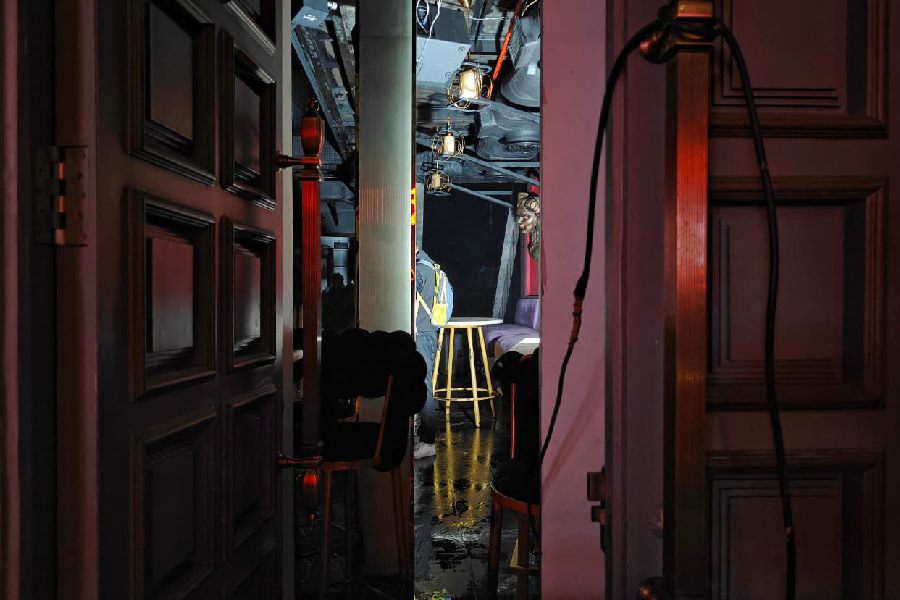
New York, Aug. 29: Canadian-American author Deni Ellis Béchard was a 15-year-old boy living in a poor neighbourhood of rural Virginia when his mother told him that his father was a bank robber.
With newfound aspirations, Béchard moved to Canada to live with his father, drawn to an alternative, more "ambitious" life ahead of him.
"I imagined I would live with him and be a bank robber too," Béchard said one afternoon at a West Village cafe. "I was very excited by the prospect of living with him and learning to be a criminal."
Until the fantasy evaporated.
"I found that he was not that interesting," Béchard said. "He didn't like that I wanted to be a writer and that bothered me. That was a conflict. He told me I had to quit school to live with him or move out." So Béchard moved out.
After leaving his father, Béchard finished school and college, stepped into the literary world as a writer (which turned out to be nothing more than cocktail parties and politics) and eventually focused on journalism.
His passion for writing and journalism have fuelled his extensive travelling, captured in his previously published books. His first thriller was Vandal Love (recipient of the 2007 Commonwealth Writer's Prize), followed by his memoir, Cures for Hunger, uncovering his childhood and relationship with his father, and a book on the Bonobo apes in the Congo.
Béchard has now finished writing his sixth book, Into The Sun, slated to release in September.
The novel illustrates the current situation of the civilian surge in Afghanistan, deployed by the US government, and its coexistence with the idea of the "white saviour complex". Based on his travels to Kabul, Béchard describes in the book the lives of the expat community residing in the Afghan provinces.
The civilian deployment began in 2009 to resolve local conflicts, but failed to meet its objectives, according the United States Institute of Peace Report. The civilian casualties rose to a record high, says a report by the UN Assistance Mission in Afghanistan.
But Béchard sheds new light on the reason behind the epic failure.
"America has very messianic narratives of being a world saviour, of transforming the world," Béchard said. "And we leave this country with those narratives and play out the story in our head even though we're doing damage. We come back and everyone's like 'Oh, you were amazing, you did this great stuff', even though what we did was bad."
Into The Sun unravels the psychology of American workers and mercenaries who seem to be guided more by their own obsessive mission to become celebrities. "The way the white saviour complex manifests is in grandiose actions that are designed to draw attention more to the white saviour than to get the work done," Béchard said.
The Afghans on the ground perceive Americans as self-serving and disorganised, with no long-term vision of being sustainable. "I've met a lot of liberal Afghan men who feel they're being lumped with conservative Afghan men," Béchard said.
"And they said that made them more defensive. The westerners thought all Afghan men are the same and treated them all like bad people. We're not very skilful in our approach. We're very imperial, very colonialist. We know nothing about Afghan culture."
Béchard has explored over 60 countries, either living on the road or writing in a quiet place. His travels have forced him to view America through a critical lens.
He talks about America's mentality of being an empire, American individualism and lack of solving problems at the grassroots level.
"They like waiting for a hero, waiting for a Trump, waiting for someone to come in and do everything, instead of finding smaller solutions," he said.
Donald Trump's name goes back to Béchard's childhood days.
Trump was perceived the rockstar businessman of the 1980s, who everyone wanted to emulate, and Béchard grew up listening to people, including his father, talk about him positively.
"He's a celebrity and celebrities do well in America," he said. "Some people admire authoritarianism and male dominance and they see him as a dominant male."
But America's support for Trump is far more nuanced, embedded in its history, fears and white privilege.
Béchard highlights the distinction between the two groups of voters. There's a group of very poor whites who support Trump just because they're desperate for change. There's another group of very privileged whites who feel they have nothing to lose.
"I've met people who are Centrists who said they might vote for Trump," Béchard said. "And I said 'do you realise it's going to hurt a lot of people?' And they say, 'yes but it's not going to hurt me'. There's a real selfishness where people are not willing to acknowledge how much damage they can do."
He delved into the consequences of being white in America and how that manifests today in the form of support for a racist, misogynist candidate. He draws the distinction between wealthy whites and poor whites in America, where the wealthy have manipulated the poor whites to oppress blacks.
"The politics is you divide the two," he said. "The poor whites have the aspiration of joining the rich whites, and you give them the privilege of whiteness and you make them feel threatened by people of colour so they themselves feel oppressed and you can live your total privilege, safe from both groups."
Having grown up in the poor neighbourhood of Virginia, the son of a criminal, Béchard recognises that the hard work to fight through his situation was aided by his ethnicity.
The moment he realised he didn't want to be his father, he aggressively decided to choose his own life and started a life of travelling and writing as a foreign correspondent. "Writing is a way to have control over life and figure out where things connect because my father was very secretive about his past," he said. "So, I had to use stories to make it all fit together."
Béchard can be found living on and off in New York since 2004. Unless he's seeking an adventure in a new place.











